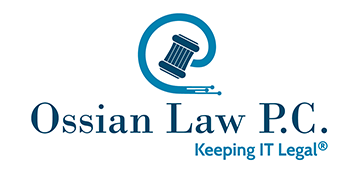Artificial intelligence, or AI, is broadly defined as a computerized system that can either think or act like a rational human. Examples of AI in action include Amazon.com’s personal assistant “Echo” and Uber’s autonomous cars. While the genesis of AI goes back over 70 years, recent technological advances and thousands of new and potential applications have brought AI to the forefront.
The goal of encouraging innovations in AI must be balanced with privacy concerns about what data is collected and how it may be used. During machine learning (one form of AI), the lack of human interaction may result in data subjects not receiving any disclosures about specific use, or even the very collection, of that data.
The White House recently released a report entitled “Preparing for the Future of Artificial Intelligence” that addresses these issues in depth. The report identifies applications of “AI for the public good” such as the VA using AI to predict medical complications and improve treatment of severe combat wounds. The report concludes that “broad regulation of AI research or practice would be inadvisable at this time” and recommends instead a more specific case-by-case approach.
The report is available here. Contact us at Ossian Law regarding any information technology law matter.
© 2016 Ossian Law P.C.
